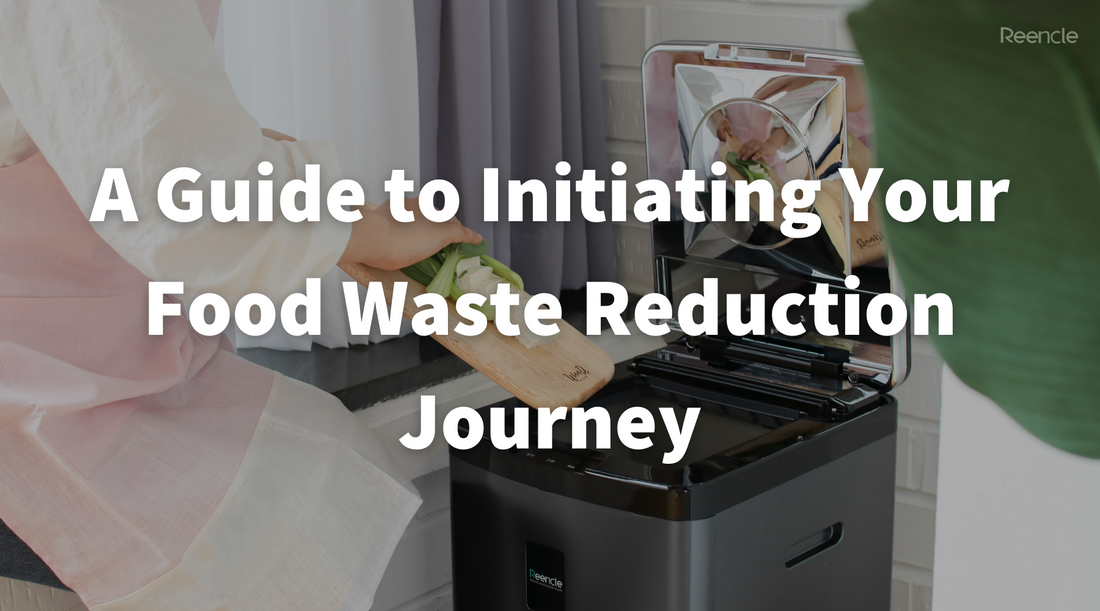In a world where billions suffer from hunger and our planet faces the strains of overconsumption, the importance of minimizing food waste cannot be overstated. The United Nations estimates that approximately one-third of all food produced for human consumption is lost or wasted globally.
As individuals, we have the power to make a difference by taking proactive steps to reduce our own food waste. This comprehensive guide is designed to help you embark on a meaningful journey toward a more sustainable and conscientious approach to food consumption.
Understanding the Scope of the Issue
Before diving into practical strategies, it's crucial to comprehend the depth and breadth of the food waste problem. Food waste occurs at various stages of the food supply chain, from production and distribution to retail and consumer levels.
Self-Reflection
Begin your journey by reflecting on your own food habits. Keep a food waste diary for a week, noting the items you discard, their quantities, and the reasons behind their disposal. This self-awareness will be the foundation of your commitment to change.
Educate Yourself
Arm yourself with knowledge about the environmental, social, and economic impacts of food waste. Understand the lifecycle of food, from cultivation to disposal, and recognize the resources invested in its production.
Challenge Perceptions
Question common misconceptions about food spoilage and expiration dates. Familiarize yourself with date labeling terms like "sell-by," "use-by," and "best-by" to make informed decisions about the freshness of your food.

Practical Steps for Reducing Food Waste
Once you have a comprehensive understanding of the issue, it's time to implement tangible steps to minimize food waste in your daily life.
Plan Your Meals
Create a weekly meal plan based on your dietary needs and commitments. Develop a shopping list aligned with your plan, ensuring you only purchase what you need for the week.
Mindful Shopping
Approach grocery shopping with intention. Avoid impulsive purchases by sticking to your list and steering clear of unnecessary items. Consider bulk purchases to reduce packaging waste.
Effective Storage
Learn the optimal storage conditions for various foods, including fruits, vegetables, and pantry staples. Employ proper storage techniques to prolong the freshness of perishables and reduce spoilage.
Embrace Imperfections
Challenge societal standards of beauty by accepting imperfect produce. These "ugly" fruits and vegetables are just as nutritious and flavorful as their more visually appealing counterparts.
Portion Control
Serve appropriate portion sizes to minimize leftovers. Invest in reusable containers to store excess food, making it easier to incorporate leftovers into future meals.
Creative Repurposing
Cultivate a creative approach to leftovers. Experiment with transforming surplus ingredients into new and exciting dishes, preventing them from going to waste.

Engaging the Community
Sustainability is not a journey that should be walked alone, and having a community of supportive, like-minded people is extremely important. Extend the impact of your food waste reduction efforts by involving your community in the journey toward sustainability.
Local Partnerships
Connect with local food banks, shelters, or community organizations working to combat food insecurity. Consider donating surplus food that is still safe for consumption to those in need.
Educational Initiatives
Share your newfound knowledge with friends, family, and social circles. Organize workshops, cooking classes, or informational sessions to raise awareness about the importance of reducing food waste.
Advocacy for Change
Extend your impact beyond personal habits by advocating for systemic change. Support policies and initiatives that promote sustainable practices in food production, distribution, and consumption.
Embarking on a food waste reduction journey is not just a personal endeavor; it's a commitment to the well-being of our planet and its inhabitants. By understanding the issue, implementing practical strategies, and engaging with your community, you are contributing to a more sustainable and mindful world.
Each small action, when multiplied across individuals and communities, creates a powerful force for positive change. As you begin this journey, remember that your efforts, no matter how small, have the potential to make a significant impact on the health of our planet and the future of global food systems.
If you’d like to begin your food waste reduction journey hassle-free, check Reencle out! Reencle is an indoor composting machine that automates the composting process for your ease. You can now turn up to 1kg of food waste into compost every day, as Reencle takes a mere 2-24 hours to break food down! This is largely thanks to Reencle’s very own patented microbes which you can read more about here.


